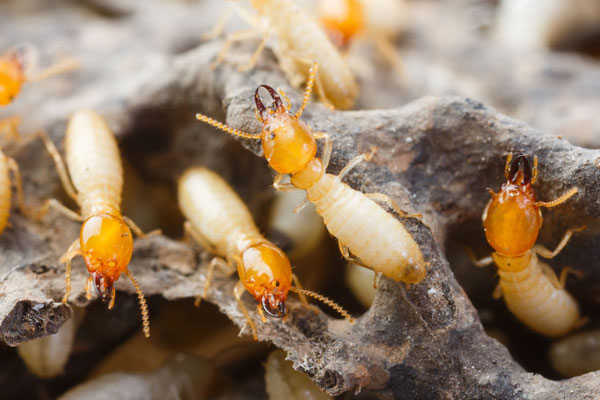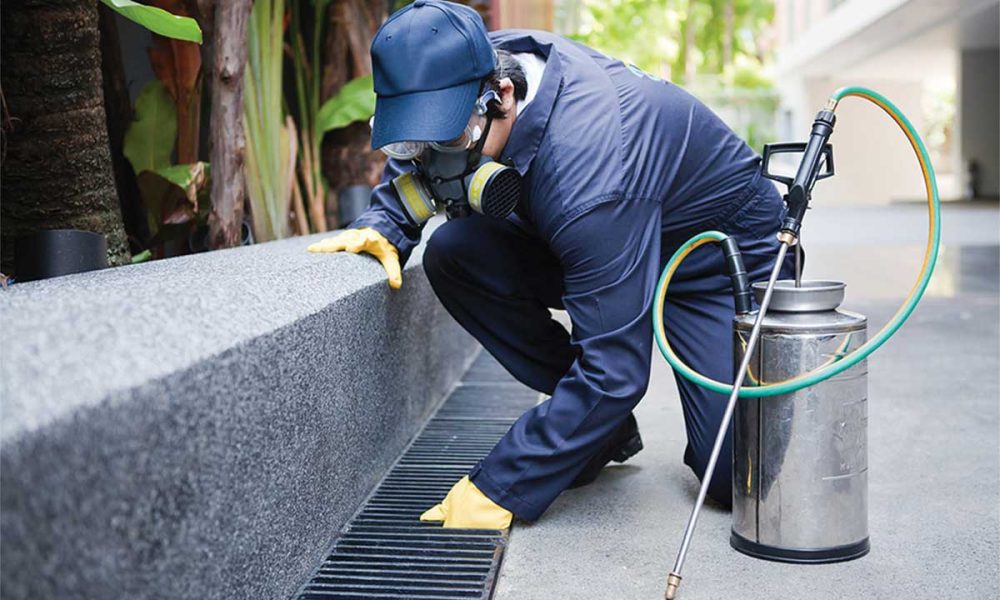Pest control is an essential part of maintaining a healthy and safe living environment, whether in a home or business. While DIY pest control may seem like a cost-effective and convenient solution, it can often lead to unintended consequences. The risks of handling pest problems yourself can range from ineffective treatments to safety concerns. Here are some of the main risks associated with DIY pest control.
Ineffective Results
One of the primary risks of DIY is that the treatments may not be effective. Many over-the-counter pesticides and traps are designed for specific types of pests, and if you’re dealing with a more complicated infestation or a pest you’re not familiar with, these products may not address the root cause. Without the proper knowledge, you may inadvertently fail to treat the source of the infestation, leading to recurring pest problems. Professional services have the expertise to identify the type of pest, assess the severity of the infestation, and use the most effective treatments.
Health and Safety Hazards
Many DIY products contain chemicals that can pose significant health risks if mishandled. Pesticides and insecticides can be harmful to humans and pets if they are used incorrectly or if they are applied in excess. Inhaling fumes or coming into direct contact with these chemicals can lead to skin irritation, respiratory issues, or poisoning. For example, improperly applying rodent poison can lead to exposure in children or pets. Additionally, DIY often lacks the precautions and protective gear that professionals use to mitigate these risks.
Improper Use of Chemicals
Without proper training, it’s easy to misuse pesticides and other chemicals. Overuse or incorrect application of chemicals can lead to hazardous situations, such as contaminating food, water, or air. Some DIY pesticides may also cause damage to your property, such as staining furniture, carpets, or surfaces. Furthermore, improper disposal of chemicals can lead to environmental damage, contaminating the soil, water, and harming local wildlife. Professional companies are trained to use the right products in the correct amounts and follow safe application practices.
Worsening the Infestation
Another risk of DIY is that certain methods may worsen the problem rather than solve it. For example, some DIY treatments may only kill the adult pests without addressing the eggs or larvae, meaning the infestation will persist. Additionally, attempting to remove rodents or pests from the property yourself could disturb their nests or burrows, causing them to scatter and spread to other areas. This can make the problem even more challenging to manage. Professional experts are skilled in applying treatments that target all stages of the pest lifecycle, preventing reinfestation.

Unintended Consequences
DIY methods may also have unintended consequences, particularly when they involve trapping or baiting. For example, you may accidentally trap non-target animals such as pets, birds, or other wildlife. Additionally, improperly sealing entry points for pests could lead to the trapping of pests inside your home, where they could cause more damage. It is also possible to disrupt the local ecosystem by eliminating beneficial insects like bees or ladybugs, which help with pollination and controlling harmful pests.
Lack of Long-Term Solutions
While DIY might provide a quick fix, it rarely offers long-term solutions. Professional services not only focus on eliminating the current infestation but also work to prevent future problems by identifying and addressing potential entry points, breeding grounds, and environmental factors that attract pests. They can also offer ongoing maintenance and monitoring to ensure that pests don’t return. Without this long-term strategy, DIY methods often fail to prevent recurring pest issues.
Conclusion
While DIY may seem like a cost-effective way to handle an infestation, it comes with several risks, including ineffective treatments, health hazards, and the potential for worsening the problem. Professional services bring expertise, safety, and long-term solutions to ensure that your home or business remains pest-free. If you are facing serious infestation, it is often better to consult a professional pest control company to avoid the risks and ensure a comprehensive, safe, and effective solution.
You may also like
-
Tips for Choosing the Right Air Conditioning System for Your Property
-
Modern uPVC Windows: Affordable Luxury for Eco-Friendly Homes
-
Stay Ahead of Winter with Professional Snow Management Services
-
The Smoke Damage Restoration Process Explained Step by Step
-
Rising Interest Among Young Singaporeans in Purchasing Prime District Properties

